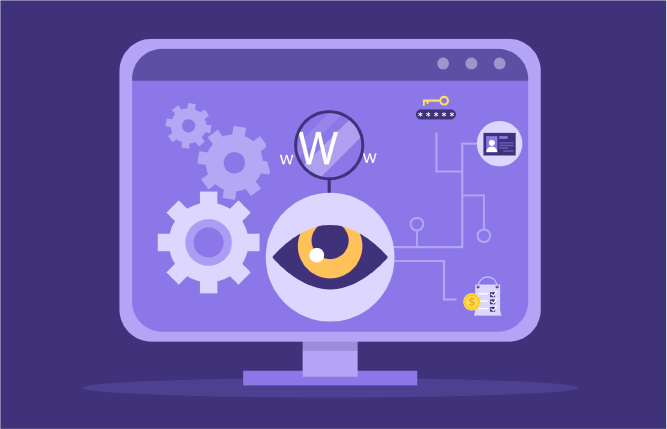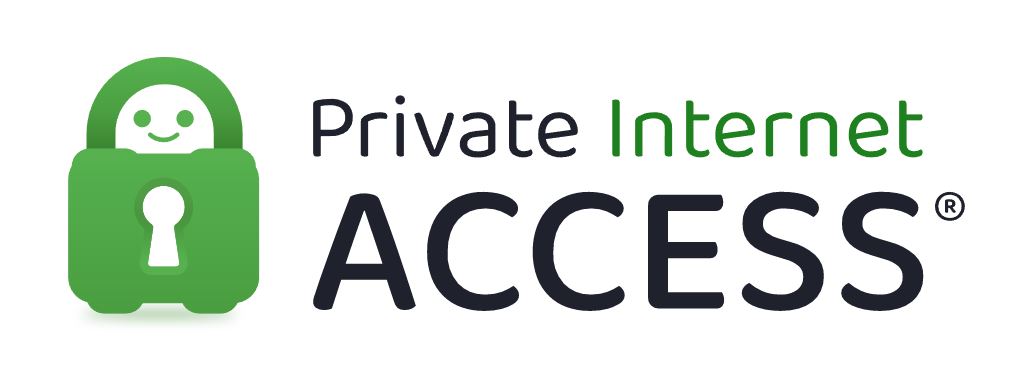
The short answer to this question is: yes, ISPs can see VPNs. But if you are using a good VPN provider, that’s pretty much what they’ll see at the end of the day: that you are using a VPN (and some other minor concern data as well). So they won’t be able to track your online activity anymore.
Typically, ISPs can easily detect a VPN server being used to route someone’s web traffic. They have many different methods at their disposal to do so, from basic footprint checks, e.g., ports used by VPN protocols, to more sophisticated techniques, like deep packet inspection (DPI).
A true VPN can mask your IP address and encrypt your data, making your browsing activity much more private. These measures prevent your ISP from harassing your privacy, selling your data, and throttling your connection.
What can ISPs see without VPN?
While you’re browsing as a regular internet user without a VPN in place, ISPs can track all kinds of data regarding your online activity. Just to name a few, they’ll see:
- The websites you visit, even if you use a private browser window (e.g., Incognito);
- The queries you type in search engines (e.g., Google, Bing, Yahoo, Yandex);
- The messages you send and receive through unencrypted mail services (e.g., free big tech company accounts you’ve been probably using for years now);
- Your social media information and activity;
- Your physical location;
And what can VPNs prevent my ISPs from seeing?
In most cases, VPNs can significantly decrease your level of exposure online down to much more acceptable standards. Alongside VPN use itself, ISPs will only be able to see things like the VPN server IP, connection timestamps, amount of data exchanged between servers, and encrypted, undistinguishable data.
To have a clear idea of what ISPs can see with or without a VPN in the middle, look at the table below:
Information | Without VPN | With VPN |
|---|---|---|
Your real IP address | ||
Your physical location | ||
Visited websites | ||
Downloaded files | ||
Torrenting activity | ||
Search queries | ||
Email messages | ||
Connection timestamps | ||
Amount of data exchanged | ||
VPN use | * | |
VPN server's IP |
- Labels:
- Exposed
- Private
How to choose a suitable VPN
Beware of totally free, suspicious, fake VPNs. It would be best if you looked for trusted VPNs with proven no-logs policies, last generation encryption, and ideally, outside countries with permissive laws regarding privacy matters.
Furthermore, not all VPNs are built equal. A better answer to the question “Can ISPs see VPNs?” would be: it depends on how good a VPN is in cloaking its usage. It also has to do with the ISP’s ability to detect VPN traffic.
Anyway, if you want to prevent any internet block, you’d better choose a cutting-edge VPN service capable of providing high levels of privacy in a stealthy way. It means providing all the benefits already mentioned while hiding VPN activity at the same time. Many good enough VPNs can’t provide that.
Three great providers with dedicated features that can offer you this extra layer of privacy are NordVPN (Obfuscated servers), Surfshark (Camouflage mode), and VyprVPN (Chameleon protocol).


